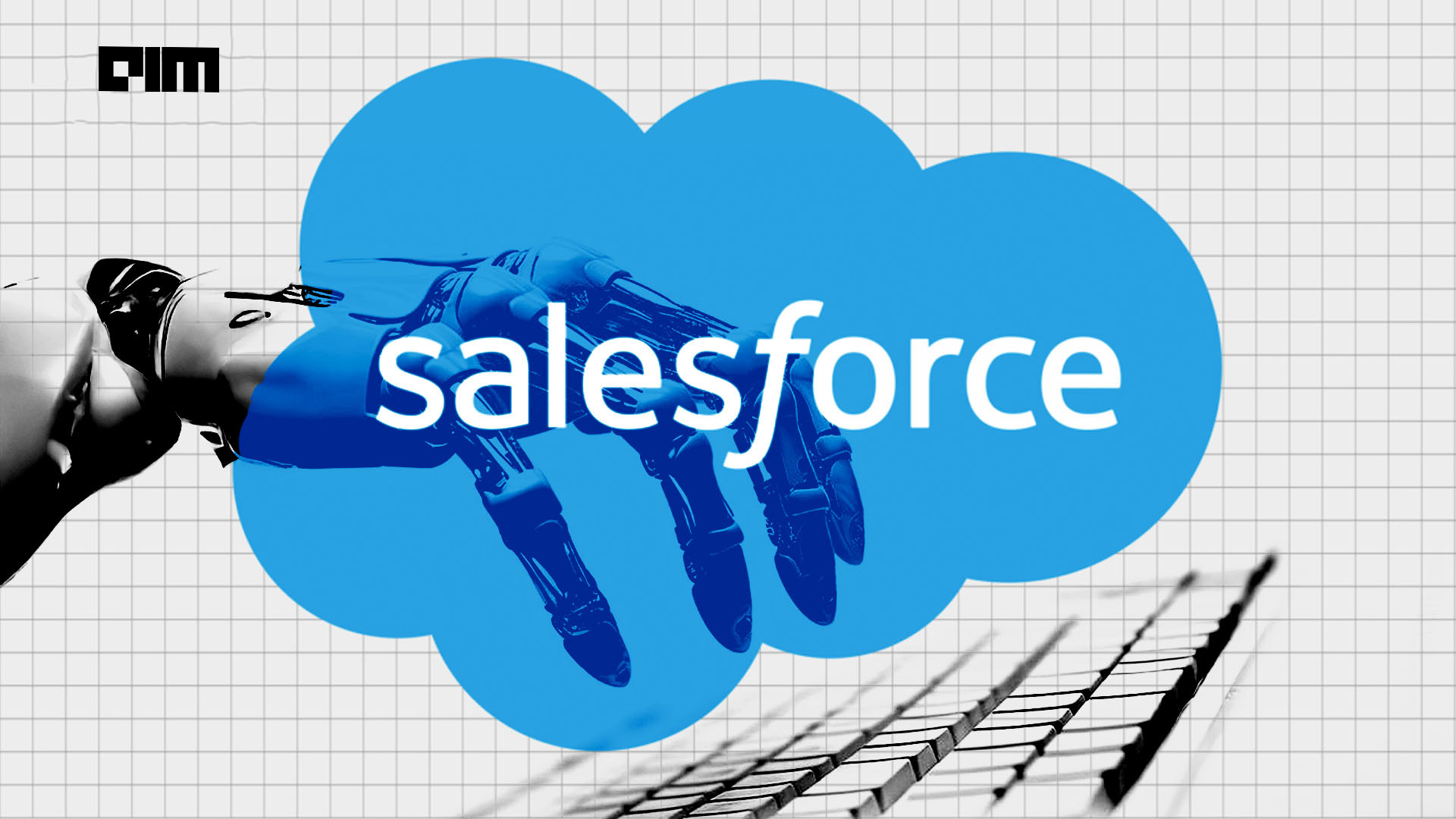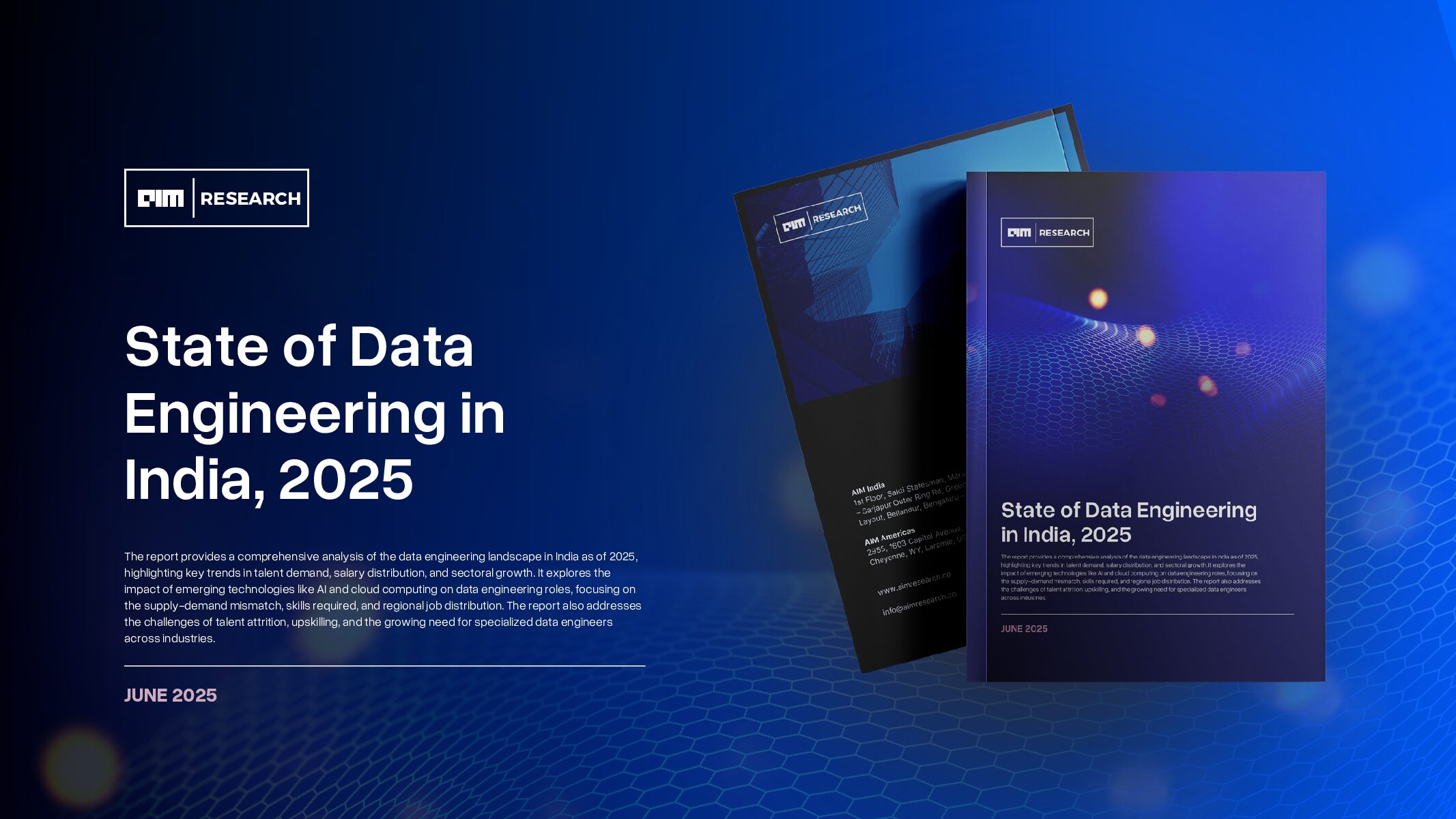In today’s corporate landscape, Chief Data Officers (CDOs) navigate a tumultuous journey amid the exponential rise of data and analytics initiatives. There’s an evident surge in the adoption of CDO or Chief Data and Analytics Officer roles across enterprises, reflecting the growing importance of leveraging data-driven insights.
However, this surge in data-focused leadership positions juxtaposes a glaring trend—CDOs find themselves navigating an unexpectedly brief tenure. This contrasts sharply with the comparatively stable roles of CEOs, CFOs, and CIOs, hinting at unique challenges faced by those steering the data agenda. These leaders are tasked with charting the course for transformative data integration within their organizations, encountering hurdles and complexities along their path.
The departure of Chief Data Officers (CDOs) often stems from several reasons, but a pivotal factor lies in the initial delineation of their unique responsibilities compared to other executives.
Clearly defining and aligning areas of responsibility between the CDO’s domain and the Information Technology (IT) sector, typically overseen by the Chief Information Officer (CIO), significantly impacts their longevity. Failing to establish this alignment might breed adversarial dynamics within the organization, prompting premature departures from the role.
Though many organizations have appointed Chief Data Officers (CDOs), the pace of progress within their roles remains slow. CDOs encounter hurdles in driving data-powered innovation, managing data as a business asset, and establishing data-driven organizational cultures, illustrating the complexities inherent in implementing successful data strategies.
The issues aren’t just technological; they’re deeply rooted in corporate culture. Many organizations appoint a new CDO without clear expectations or delivery outcomes, leading to a lack of value creation from the role. This often results in CDOs getting entangled in a prolonged journey towards success, rather than delivering value promptly.
Aligning expectations to specific business outcomes becomes crucial, requiring CDOs to bridge the gap between technological expertise and business operations. Building these connections can be complex, demanding a shift from project-based thinking toward a holistic understanding that the entire business functions on data.
CDOs, in their role as data evangelists, strive to illustrate to individual business units the potential of previously untapped data resources. Their role is akin to the Chief Financial Officer (CFO), responsible for the smooth flow of information across the organization. This encompasses ensuring data accessibility, safety, ethical use, and robust protection.
Despite accomplishments such as improved data accessibility and a shorter data life cycle, tenure’s success metrics vary. Stressful job demands, misaligned expectations, and achieving rapid results leading to limited future challenges often affect CDO tenures.
Building effective relationships with business partners emerges as a key factor in a CDO’s success, streamlining problem identification and expectation setting for success. The role hinges on cultivating relationships, delivering outcomes, and uniting the organization around common goals.
In the dynamic landscape of data leadership, the role of Chief Data Officers (CDOs) stands pivotal, yet their tenures remain notably brief compared to other C-suite executives. Despite the growing adoption of data-driven strategies across industries, CDOs encounter multifaceted challenges, from aligning expectations to demonstrating immediate value.
As organizations continue to evolve in their understanding of data and analytics, the role of CDOs demands a delicate balance between technological expertise and business acumen. Bridging this gap requires a shift from traditional project-based thinking to a comprehensive grasp that data is the bedrock of modern businesses.
For CDOs aiming to extend their tenures and impact, success isn’t merely about technological advancements or the completion of projects; it’s about fostering enduring relationships, outlining clear business outcomes, and galvanizing the entire organization toward a unified vision.
As the data landscape continues to evolve, the journey of a CDO will demand not only strategic planning but also tactical execution, blending long-term visions with immediate business value. The success of their role fundamentally hinges on building meaningful relationships, championing transformative outcomes, and unifying the organization around data-centric goals.
In the complex realm of data leadership, the story of a CDO’s success is not just about the data; it’s about the connections they foster, the problems they solve, and the unity they inspire across the organization.
























